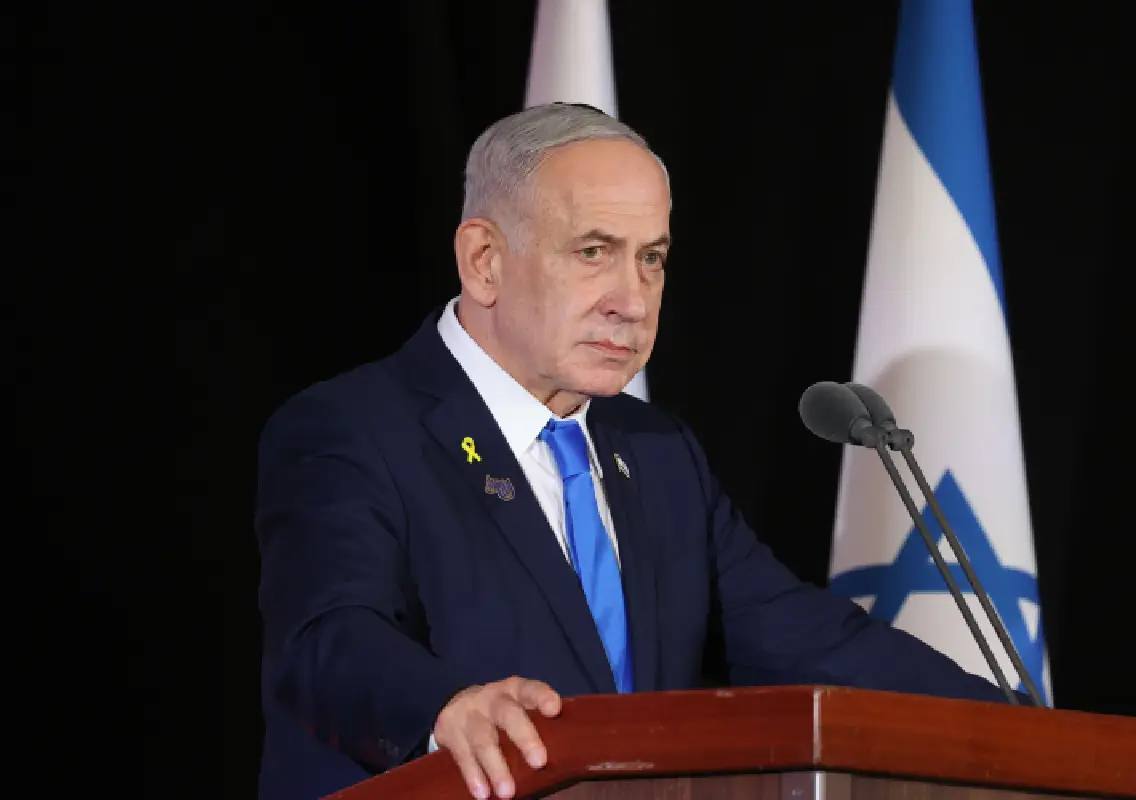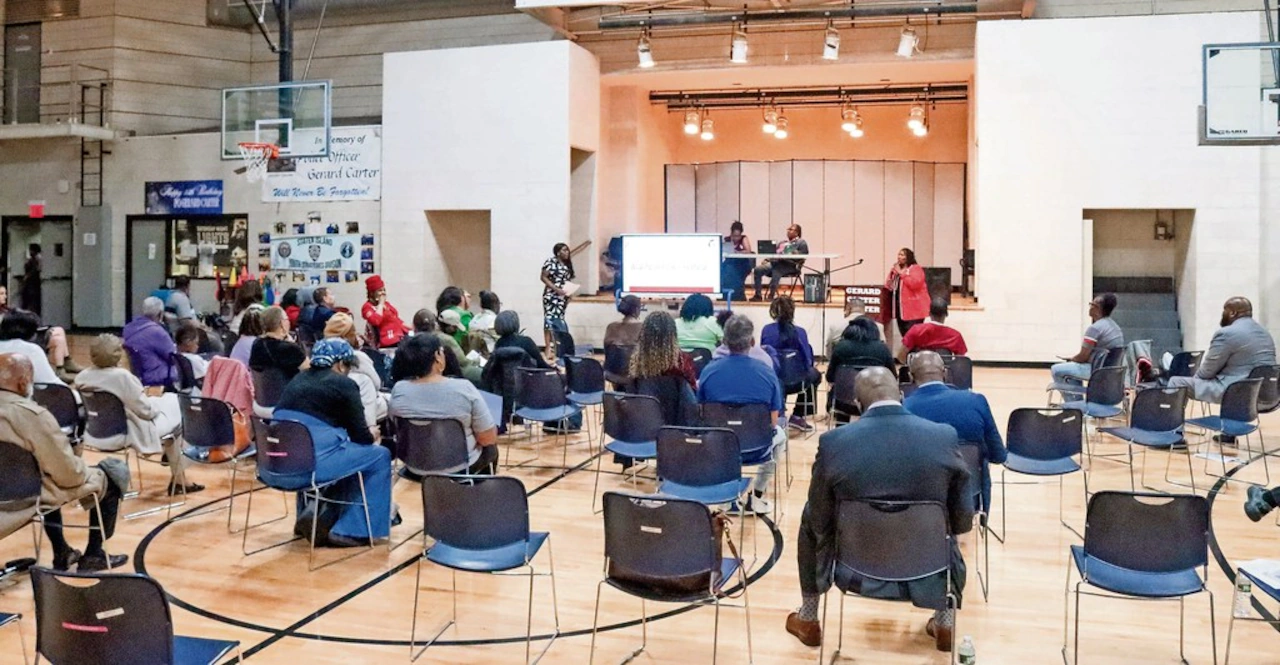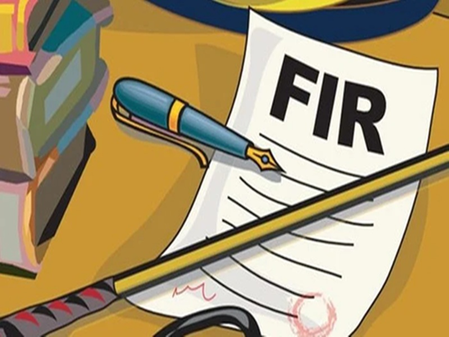Copyright newskarnataka

JERUSALEM: Israeli Prime Minister Benjamin Netanyahu on Monday (October 20, 2025) said that the country’s armed forces dropped 153 tonnes (337,307 pounds) of bombs on targets in Gaza, following what Israel described as a ceasefire violation by Hamas. Addressing the Knesset (Israeli Parliament), Mr. Netanyahu stated that Israel’s actions were a “measured and justified response” to renewed attacks from the Palestinian militant group, which he claimed had fired rockets at southern Israel despite the ongoing truce. “Peace comes through strength,” says Netanyahu Reaffirming his government’s stance on national security, Netanyahu declared, “One of our hands holds a weapon, the other hand is stretched out for peace. You make peace with the strong, not the weak. Today Israel is stronger than ever before.” His remarks came amid rising tensions across the region, as the fragile ceasefire agreement — brokered earlier this month by Egypt and Qatar — appeared to unravel following a series of cross-border incidents. Ceasefire breach allegations and regional reactions Israeli military officials said the bombings targeted what they described as “Hamas command centres, weapons storage sites, and tunnel infrastructure” across northern and central Gaza.According to the Israel Defense Forces (IDF), the strikes were part of a “retaliatory campaign” intended to prevent further rocket launches. Meanwhile, Hamas officials accused Israel of “violating the ceasefire first” through overnight raids and called the airstrikes a “continuation of aggression against the Palestinian people.” The renewed hostilities have sparked concern among international observers. United Nations Secretary-General António Guterres urged both sides to exercise restraint, warning that escalation could “derail months of humanitarian progress” made in the Gaza Strip since the ceasefire began. Humanitarian concerns in Gaza Local media in Gaza reported that several residential areas sustained damage following the overnight bombings. Human rights groups have warned that renewed fighting could deepen the humanitarian crisis in the enclave, where over 2 million residents already face severe shortages of electricity, clean water, and medical supplies. Health authorities in Gaza said that emergency services were working through the night to assess the extent of casualties and infrastructure damage. International diplomacy and next steps Diplomatic sources in Cairo and Doha said that mediators were in touch with both sides to restore calm and reinforce the ceasefire framework. The United States and the European Union have also called for de-escalation, reiterating support for a two-state solution and continued humanitarian aid to Gaza. Netanyahu concluded his parliamentary address by reiterating Israel’s commitment to security and sovereignty:“Israel will defend itself with all necessary force. But we also continue to seek peace — real peace, based on strength, deterrence, and mutual recognition.”



